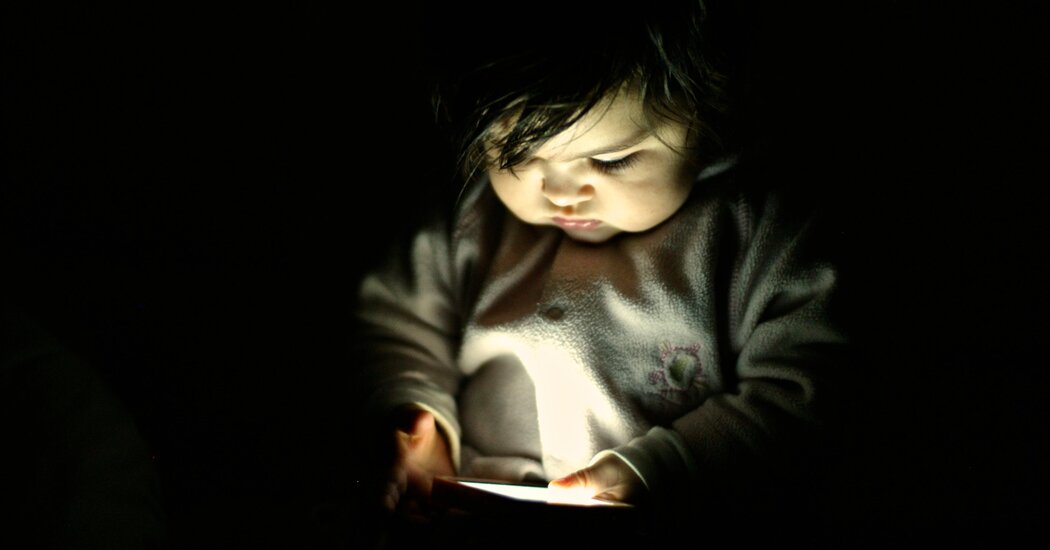news
One-year-olds with more than four hours of screen time per day experienced developmental delays in communication and problem-solving skills at ages 2 and 4, according to a study published today in Journal of the American Pediatric Medical Association.
The research also found that one-year-olds who were exposed to more screen time than their peers showed delays by the age of two in the development of fine motor skills and personal and social skills. But those delays seemed to dissipate by the age of four.
The study did not find that screen time caused developmental delays, but rather found an association between children who were exposed to more screen time and delays in their development. Experts said this pattern could be explained by the value of face-to-face time.
why does it matter
Face-to-face interaction between parent and child is critical in giving children a rich array of information, including how facial expressions, words, tone of voice, and physical notes all combine to convey language and meaning, said David J. Lukovic, a developmental psychologist at Yale University’s Child Study Center. .
“It doesn’t happen when you’re watching the screen,” he said, adding that he wasn’t surprised by the research results.
The findings, conducted by researchers in Japan, were drawn from questionnaires about development and screen time, which were given to parents of nearly 8,000 young children. In general, children who were exposed to higher levels of screen time were found to be children of first-time mothers who were younger, with lower income and family education levels, and those with postpartum depression. (Only 4 percent of children reported being exposed to screens for four or more hours a day, while 18 percent spent two to less than four hours in a screen a day and most were less than two.)
The study noted a “dose-response association” between screen time and developmental delay: the more screen time children had, the more likely they were to show developmental delays.
What then
The study authors note that the research did not distinguish between screen time that was intended to be educational and screen time that was more focused on entertainment. The researchers added that future studies should explore this angle.
Dr. Lukovic said parents regularly ask him how much screen time is appropriate. He said, “Talk to your child as often as you can, face to face as often as you can.”
Saying that asking parents to withhold all screen time from their children is impractical, he said, “No parent is going to listen to that. It just has to be in moderation. With a heavy dose of real-world social interaction.”
